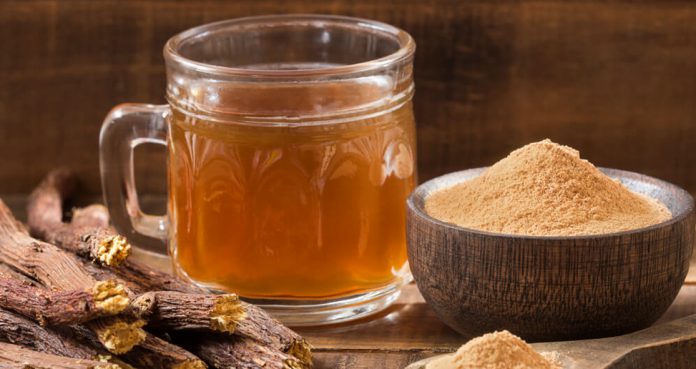According to a new report, a man in Canada overdosed on licorice tea that caused his blood pressure to increase to dangerous levels. He went to the ER after measuring his blood pressure that was way too high. He also had a headache, light sensitivity, chest pain, fatigue, and swelling in the claves.
The report was published Monday in the Candida Medical Association Journal.
At the ER, his systolic blood pressure was nearly 200 mm Hg. Physicians consider any blood pressure level above 180 for systolic blood pressure to be a hypertensive crisis, which requires immediate medical attention.
Physicians at McGill University in Montreal managed his blood pressure with several medications. His symptoms improved over the next 24 hours.
Later, the man told physicians that he had been drinking a couple of glasses of homemade licorice tea a day for the last two weeks.
The authors of the report said that this type of tea is made from the roots of the licorice plant, which is a popular drink in Egypt, where it is called “erk sous.”
According to the FDA, consuming excessive amount licorice root or candies flavored with licorice root, including black licorice, is known to be toxic. That’s because licorice root and black licorice root contain glycyrrhizin, a compound that can decrease potassium to a potentially dangerous level. Eventually, this could lead to high blood pressure, swelling, and abnormal heart rhythms.
The FDA recommended people to avoid eating excessive licorice at any one time.
The report mentioned that the man was aware of the link between licorice and high blood pressure; however, he had no idea how much is too much. The authors concluded that the man’s case would help doctors to educate patients with hypertension about the potential side effects of drinking too much licorice tea, thereby preventing licorice-related complications.






















